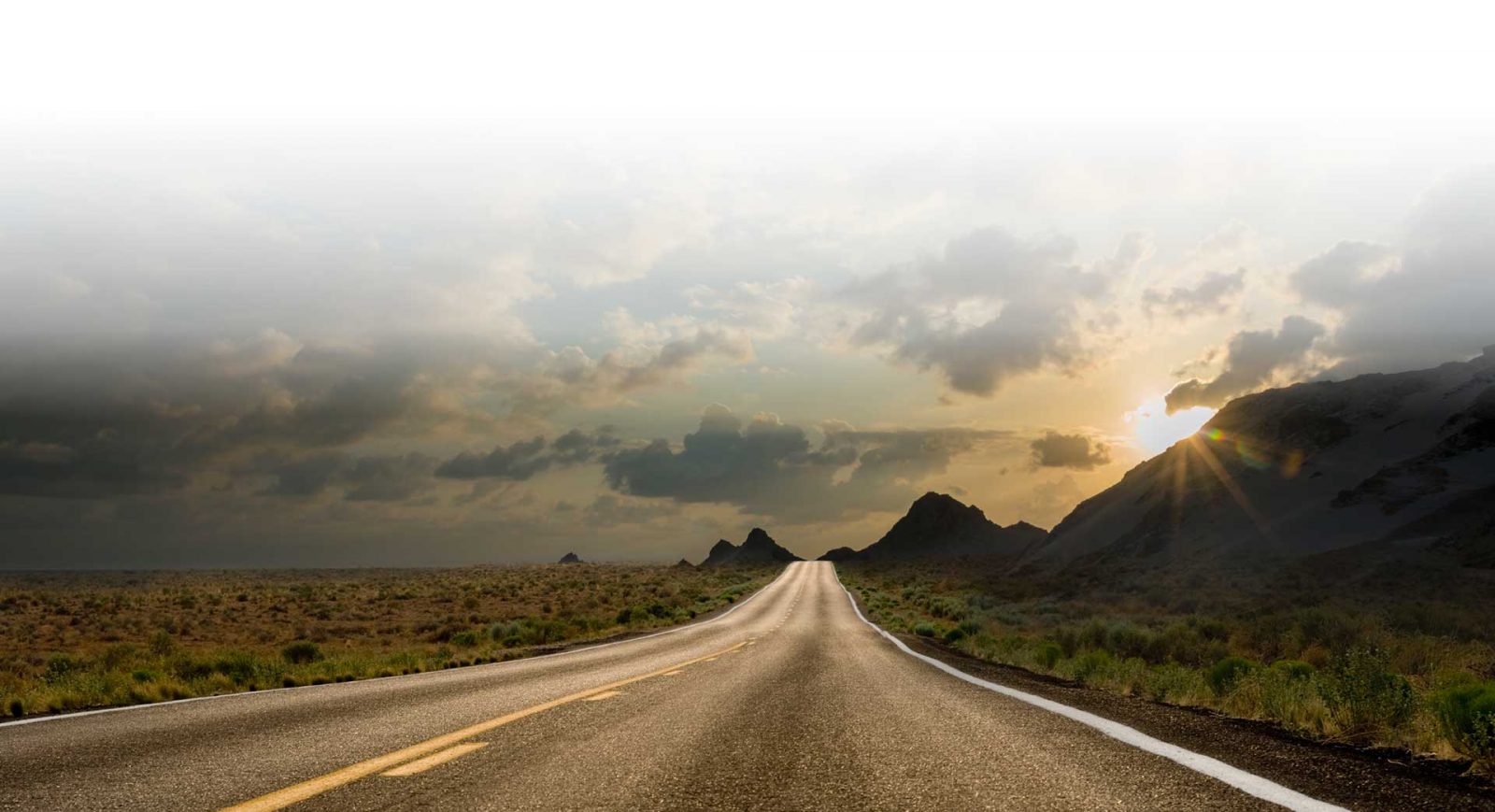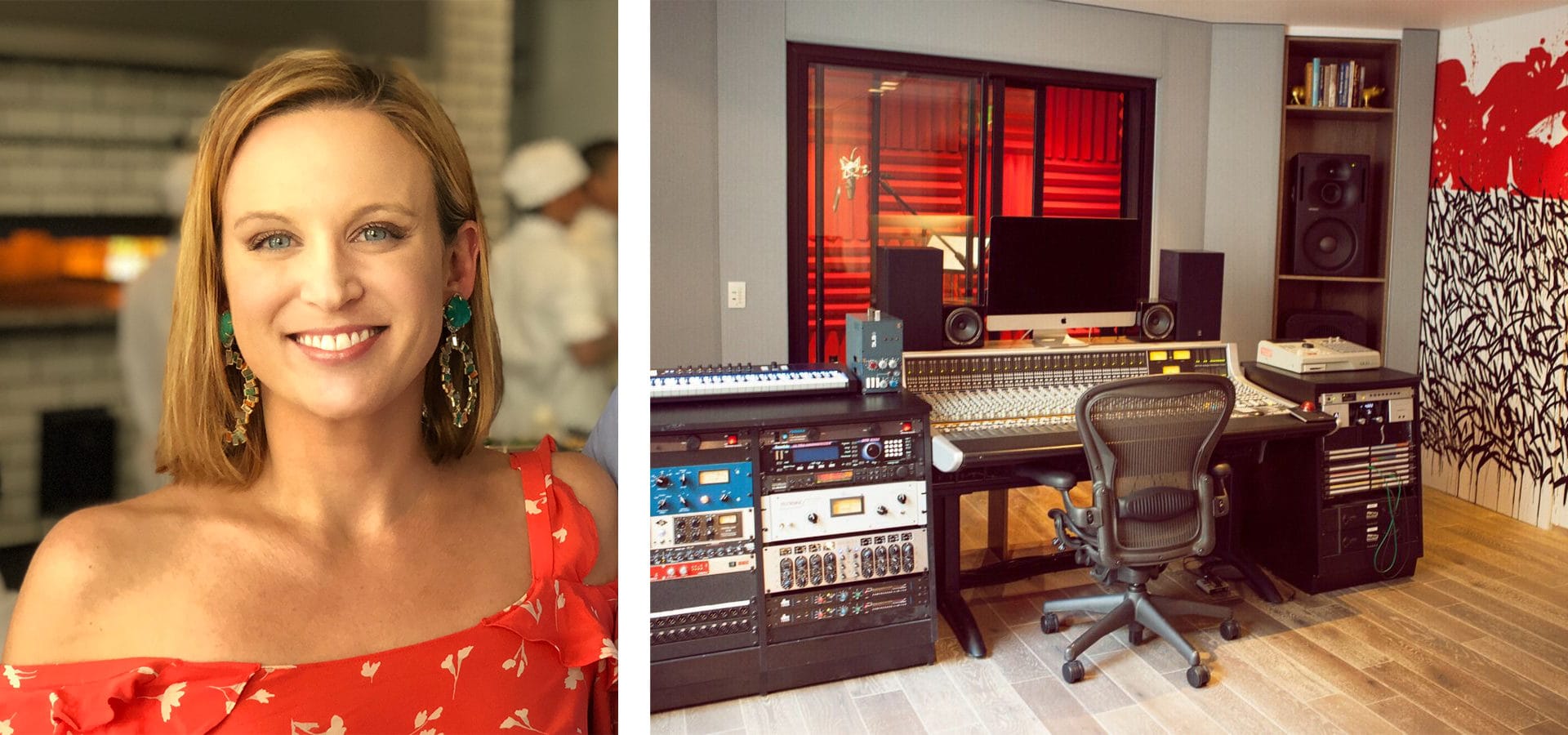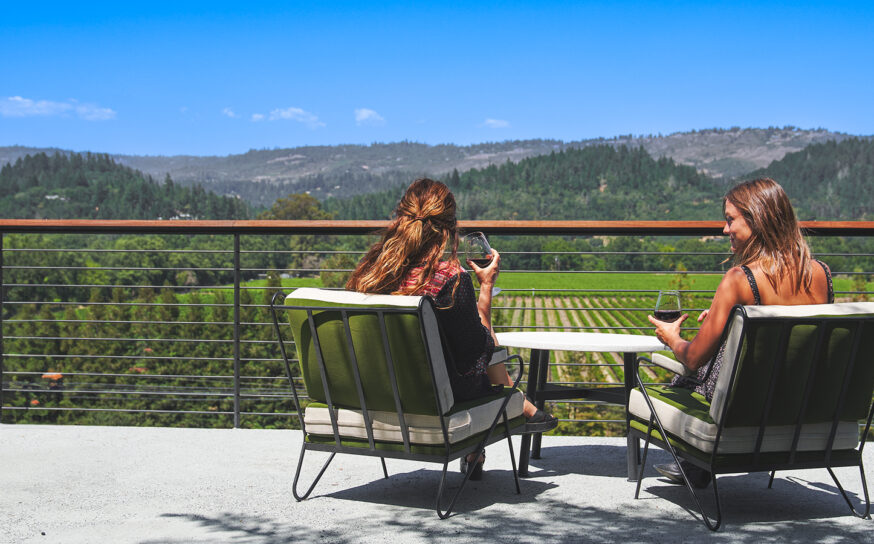Allyson Marino’s Podcast Network Is Amplifying the Voices of Women in Media’s Fastest-Growing Arena
Her side of the story.
-
CategoryArts + Culture, Giving Back, Makers + Entrepreneurs, Music + Podcasts
-
Written byRich Thomas
Social media has made it easier than ever for one individual’s story to reach a massive audience, but algorithms and advertisements can easily muddle the message or at the very least impact the trajectory of the narrative. Enter the meteoric rise of the podcast.
The website Podcast Insights estimates that as of January 2020 there are more than 850,000 podcasts in existence, totaling nearly 30 million individual episodes. But who’s really tuning in? For starters, the number of podcast listeners rose by 20 million people between 2018 and 2019, and Nielsen reports that half of American homes are “podcast fans.” These fans tune in to roughly seven shows per week and 80% of them listen to all or most of each episode. Long story short, the space is experiencing exponential growth year over year, and the audience is rapt.
For the past six years Allyson Marino has been operating deep in the trenches for all manner of podcasting networks, from well-funded startups to DIY shoestring operations. But regardless of the organization, one glaring characteristic continued to stand out: a lack of female perspective. Two years ago, she founded Lipstick & Vinyl, a boutique podcast network purpose built to elevate women’s unique storytelling and help those hosts earn a living from their work. With podcast advertising expected to be a $1B business by 2021, Marino is uniquely positioned to make serious waves in the industry.
We sat down with the founder and CEO to discuss how Lipstick & Vinyl is helping women all over America—from single working moms to political pundits—tell their side of the story.
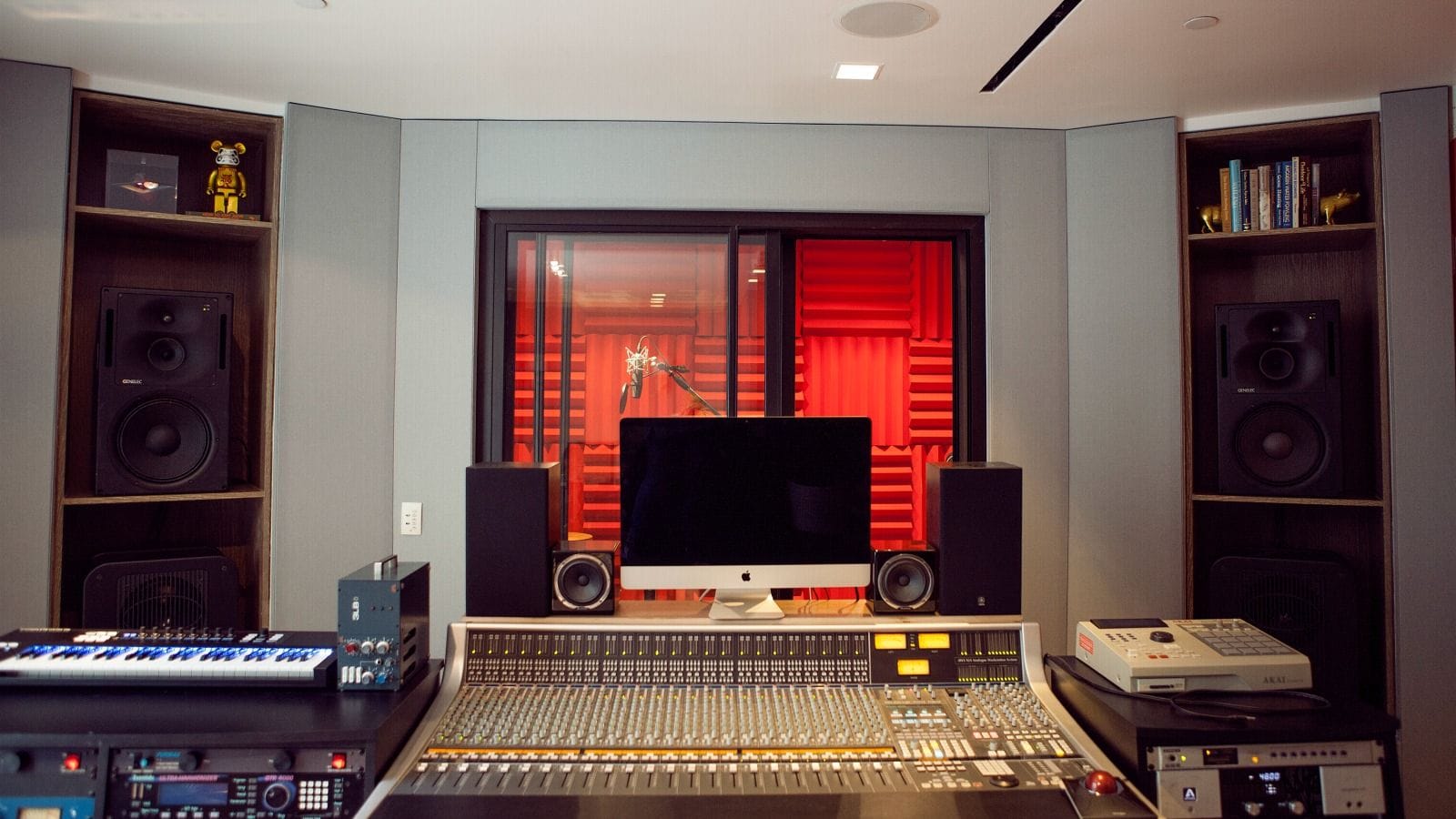
Hi Allyson, and congrats on the strides you’ve made this far. Tell me about your motivation for creating the company?
Allyson Marino: The company was formed to address disparity in the mass media, because most of our media is through the male filter. Podcasts are a relatively new space that is growing very quickly, and we still have the opportunity to be represented there. Because that happened to be my line of work and expertise, I wanted to amplify the voices of women; not only support them in growing their podcasts and their audience but help them make money. We add shows as we find ones that fit with our mission.
Lipstick & Vinyl is very much a one-stop shop where a client can benefit from creative assistance and production help, advertising expertise and help with revenue generation. Talk to me about the road you took to get here and your ability to offer all of those services.
AM: I have worked in Los Angeles in national media sales for more than a decade, and I always worked for other people. Six years ago, when my podcast advertising career started, I worked for what is now one of the biggest podcast networks, and during that time I saw how those networks operated, what their strong points were, and what their advertisers were looking for. And there was a lack of female content. Because I always worked with companies that were run by men, I realized that without any malice or explicit bias, a lot of the content they greenlit was by other white men. I tried at several of those networks to create a situation for myself that allowed me to not just sell advertising but have some sort of say in the content I was making money for, but that position didn’t exist. So I had to create one for myself.
I’ve worked at a bootstrap podcast company, I’ve worked at a more well-funded podcast company, I’ve worked for a podcast technology company. With all those different pieces I felt like I could take what I wanted and leave the rest and be able to seek out and support the content that wasn’t otherwise being supported. And that organically became women. It’s been really cool to have that mission because it differentiates us in the podcast advertising marketplace.
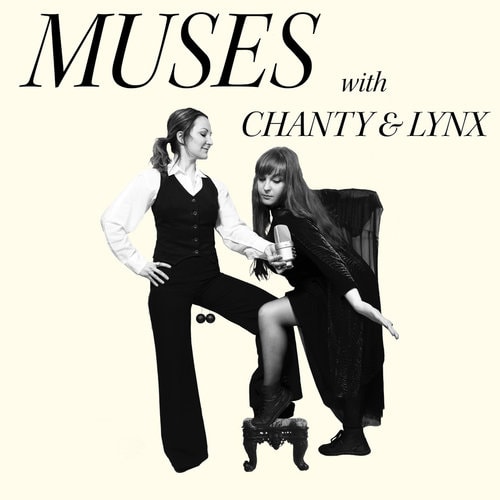
GS: What do you think the biggest misconceptions are about the podcasting world? I’m sure there are people who think they can retire off podcasting after a month of shows.
AM: There are two that come to mind immediately. The first one is: “I think I can be a podcaster and make a million dollars a year!”—because those are the stories that surfaced in the general media and oftentimes in the trade press as well. The biggest surprise I think comes from the folks we work with that are influencers, specifically from YouTube. It’s a very different growth path in podcasting. On YouTube the views are immediate and in huge numbers. In podcasting it takes a while to build that audience, even if you have notoriety in a different field. There are so many pieces to making a podcast and finding an audience. People say there’s a low barrier to entry—it’s just a speaker and my computer—and that’s true. But if you want a podcast that finds an audience, there’s a lot more that’s involved. I think journalists and people who are experts in a certain field are sometimes surprised at how much of an audience it takes to make any sort of significant advertising revenue, and they realize they can’t quit their day jobs immediately.
GS: Sounds like some rude awakenings on all fronts.
AM: Absolutely. Some people in this country still don’t know what a podcast is. Research says over half of Americans have ever listened to a podcast, and about 26% are weekly listeners. Part of the reason podcasts have grown rapidly in the last five years is because of the ease of listening. It used to be that you had to sync your iPod to your computer and download a podcast, but with the proliferation of smartphones it’s just a click to listen. Another turning point in the podcast world’s favor was when Apple put the podcast icon in their OS so everyone who got an iPhone got the podcast app automatically. Then when “Serial” came out, from the This American Life producers…that was another moment. It was a really compelling story that brought a lot of people into the podcasting world that weren’t there before.
GS: Just because there’s a story that can be told doesn’t mean there’s a story that can be sold. How do you separate a great idea from a money-making idea that has longevity? How can the cream rise to the top?
AM: That’s a great question. One easy answer about how the cream rises to the top is by someone really famous from TV or movies creating a podcast. Shows by Will Ferrell or Conan O’Brien, they didn’t take a long time to build a big audience because their audience follows what they do. Those are somewhat simple formulas. But the talent still has to want to podcast, because it’s a heavy load and it requires a commitment, especially if you’re doing a weekly show. Another genre that continues to be popular is true crime, and lots of women listen to true crime so advertisers follow and want to be where the women are. The one area that’s not really developed yet are fiction podcasts. There aren’t a lot of them that do really well and they’re really expensive to produce, but I think in the future we’ll see more of them.
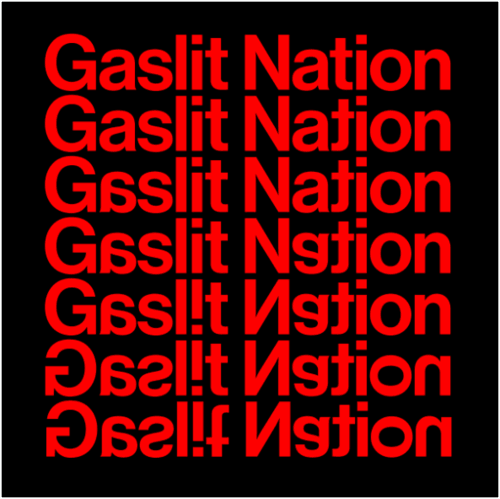
GS: What are some of your favorite shows in the Lipstick & Vinyl network?
AM: There are two that come to mind. The first one called “Gaslit Nation.” It’s two women, one is an author and a journalist and her name is Sarah Kendzior, and her cohost is named Andrea Chalupa. They are activists—I call them soldiers because they want the American public to know the truth. They’ve written for political websites and gained a following on Twitter. Their show has grown really steadily and they’re on every week. Another one is called “The Double Shift,” and the woman who produces and hosts that show, Katherine Goldstein, is an expert on working mothers and the bias against them in the workplace. I’ve learned so many things from that show. Katherine has bylines in the Times and the Washington Post and Vox. She’s an authority and has done a lot of interviews. We got her a full feature in Fast Company, which was really exciting. She had the experience of being turned away at other podcast networks because they didn’t think there was much of audience talking about working moms. [Laughs] We are at a point where we’ve got categories established—comedy, news, working mothers, business—and the criteria is that the perspective on the show is a female perceptive, and that they are committed to growing their audience and making a quality product.
GS: If someone reading this feels like they have a unique story and a potential audience, what do they need to do if they want to be a part of Lipstick & Vinyl family?
AM: I think this goes not just for my network but for any other network: make something. That’s the best thing you can do. It’s a cruel trick that nobody wants to give you money to make something until you’ve made something. But even if it’s just a rough trailer, if you’ve made something it’s much more likely that you’ll find a network that wants to support you. We have to hear something, and really podcasts are all about the story and the personality of the host.
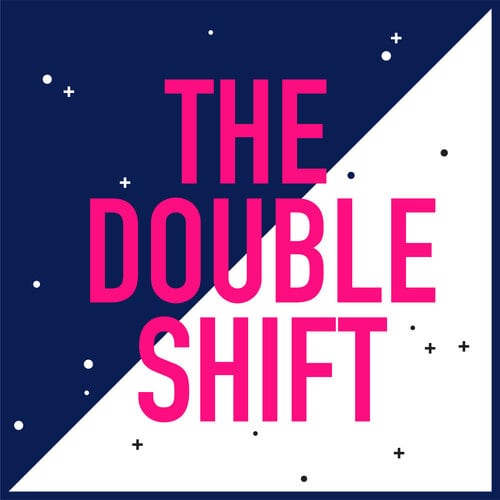
A resident of Los Angeles, Allyson shares her favorite podcasts about her hometown:
The Big One: Your Survival Guide
Host Jacob Margolis and Producer Misha Euceph take you on a journey to understand what a catastrophic earthquake will mean for Los Angeles, the U.S., and the world.
This is a podcast for anyone who has ever felt alone in a room full of people—which is to say, that this podcast is for everyone.
By the L.A. Times. Profiling an amazing female detective in the Anaheim police department as she solves a rape and murder case.
Also by the L.A. Times. A Newport Beach woman is conned by a dangerous criminal posing as a doctor.
Los Angeles is a city carved out of the desert—a conjured image of paradise. These are the stories of people who learn what lies beyond the dream.
What’s New on State Route 29, the Main Artery Through Napa Valley
3 stylish must-stops for your next visit.
Get the Latest Stories
